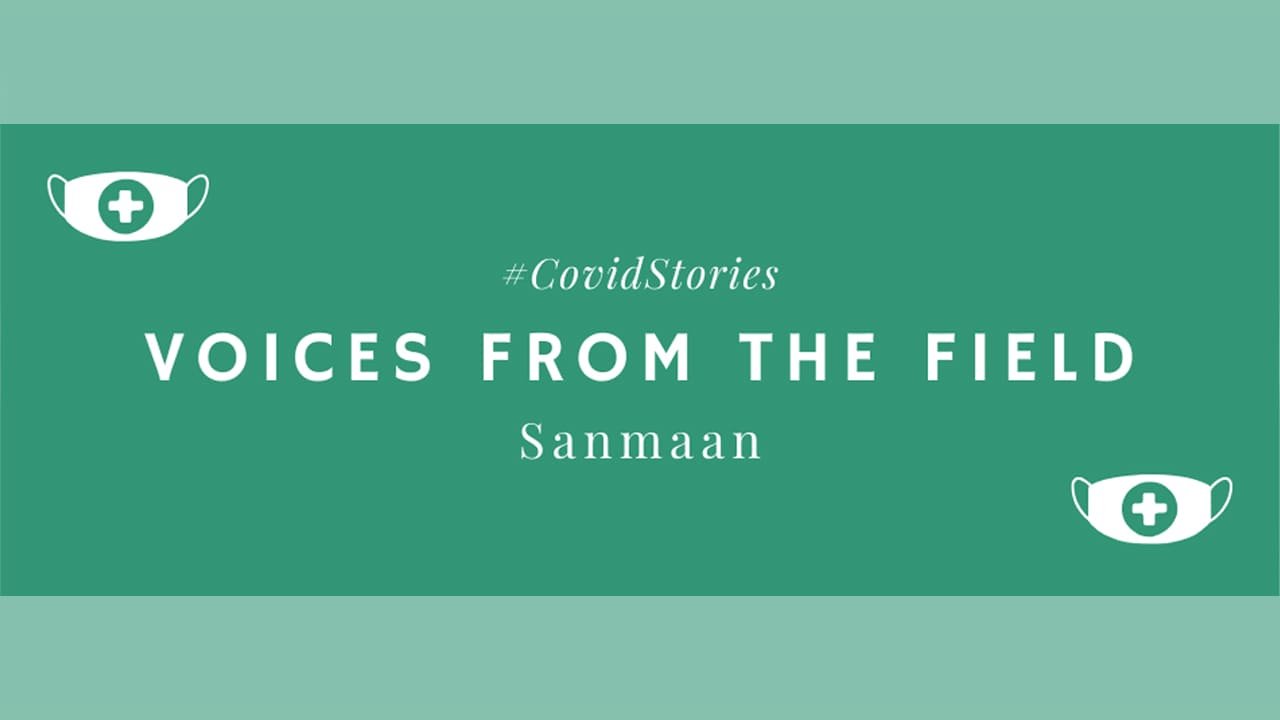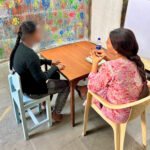#4 Uneven Distribution of Relief Materials
Amrapali Mukherjee
SANMAAN
The COVID-19 Pandemic has adversely affected the lives of the migrant communities. Our Sanmaan project primarily works with a section of these communities, they work with children found/rescued from begging, living in street like situations along with their families. Since the lockdown was announced on the 25th of March, our Team has been conducting regular telephonic conversations with the beneficiaries of the project.
In the last few weeks, the State of Maharashtra announced a number of relief schemes for daily wage earners and lower-income communities. Through these schemes, a further subsidy on the cost of rations through Public Distribution Shops (PDS)/ Fair Price Shops (FPS) was announced for those with a ration card. Reports state that the BMC has been supplying food packets to the homeless and those living on the streets. Non-profit organizations and well-wishers have been raising funds to meet these needs as well. But are these supplies and essentials reaching the communities who need it the most?
A total of 235 families live in the Chembur community we work with. Of these 235, 52 families have Ration Cards. When speaking with a few of the families with ration cards they shared that while they had Ration Cards, the ration distribution shops were inaccessible. The closest shop was located approximately 3+ km away from where they lived, which would be about an hour on foot. If they were to take an auto, the same would cost a minimum of Rs. 30 one way which is not feasible for them. Due to the lockdown, autos and public transport aren’t available for them to use and at times they are confined to the space around them with restricted movement. Unlike these 52 families, the remaining 183 families don’t have ration cards, nor do they have income.
Overtime NGOs began reaching out to the community to distribute essential kits and the BMC began distributing food packets as well. The food packets would be distributed once a day at around 4 pm. NGOs began distributing essential kits would reach only those who were closer to the distribution point. The Team has observed that distribution was mainly done on a first come first serve basis, this meant that those living closer to the distribution point would be the first to receive these kits and food packets. This leaves those staying further away with minimal access to these food packets or essential kits, once again leaving them to fend for themselves sometimes going days without rations.
The work done by both the authorities and various NGOs is commendable. Though are we ensuring that we reach every family in the communities, do all have equal access to these services? While many benefit from them, it is also important that we ensure all benefit from it.






Follow